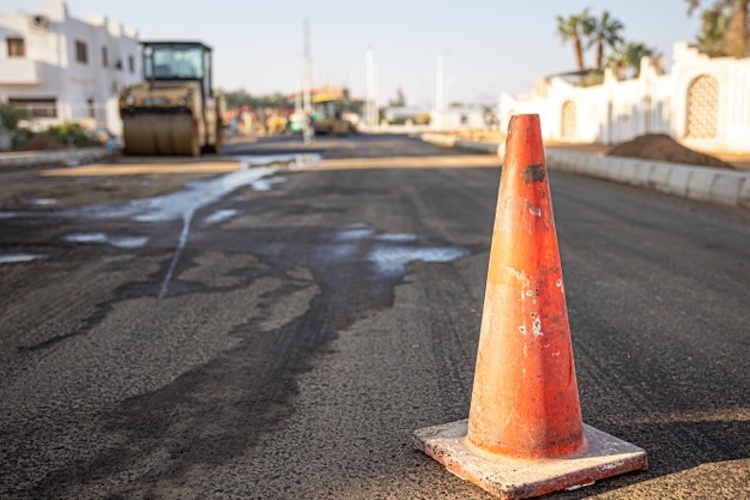
How to prioritize road safety within your transport business
Safety is a top concern for almost every industry but there is a specific importance placed on it within the logistics and transportation industry.
In an arena where so much that is out of your control can impact the safety of your drivers, your vehicles, and the other motorists on the road, figuring out how to take extra measures in the areas that you can control is essential.
Technology has found ways to support your efforts through training and development software as well as opportunities to try and mitigate some on the road issues that are unsafe.
Fleet control
Managing a vehicle fleet is not an easy task, having to attempt to monitor and control many literal moving parts can be overwhelming. Dash cameras offer truck drivers and fleet managers more control over their fleet safety with features designed to increase visibility.
By incorporating a dash cam for trucks into your safety protocol you are giving your drivers an element of security as well as providing your managers with an opportunity to essentially share the on the road experience remotely.
Another example of how fleet control and overall safety are intertwined is the use technology to help diagnose maintenance issues.
Not all vehicles and equipment are advanced enough on their own to be able to alert drivers to under the hood issues, but software can bridge that gap.
Being able to use technical diagnostics to support vehicle safety takes the guesswork out of maintaining your fleet, and can reduce down time, repair costs, and avoidable breakdowns.
Training
The need for training seems implicit, and it is, but to really be confident in your drivers you should view training as an ongoing part of the job not just a requirement to begin.
Although the act of driving is universal, the vehicles driven, road and weather conditions, and even some of the rules and laws are certainly not.
By setting up an ongoing training schedule you are also giving your managers an opportunity to be present and available to the staff they are responsible for.
Setting your staff up with the expectation that they will be continuously monitored can help avoid and prevent common car accidents because any bad habits that are present will be observed by management giving everyone an opportunity to work together to correct them.
Maintenance
Paying attention to your vehicles and equipment only when a problem presents itself is a great way to overspend and potentially experience safety issues.
Since those are clearly two things that no business owner wants to consistently deal with, same as with training of staff, maintenance of vehicles needs to be ongoing.
An in-house mechanic is a great way to give your fleet the personalized and frequent inspections that can increase safety.
By appointing one person, or the same team of people depending on the size of your fleet, to do a frequent maintenance check you are creating a familiarity that will aid in diagnostics.
You can also expect trust and loyalty to be added benefits of this practice which can be hard to find and develop in terms of the service industry.


